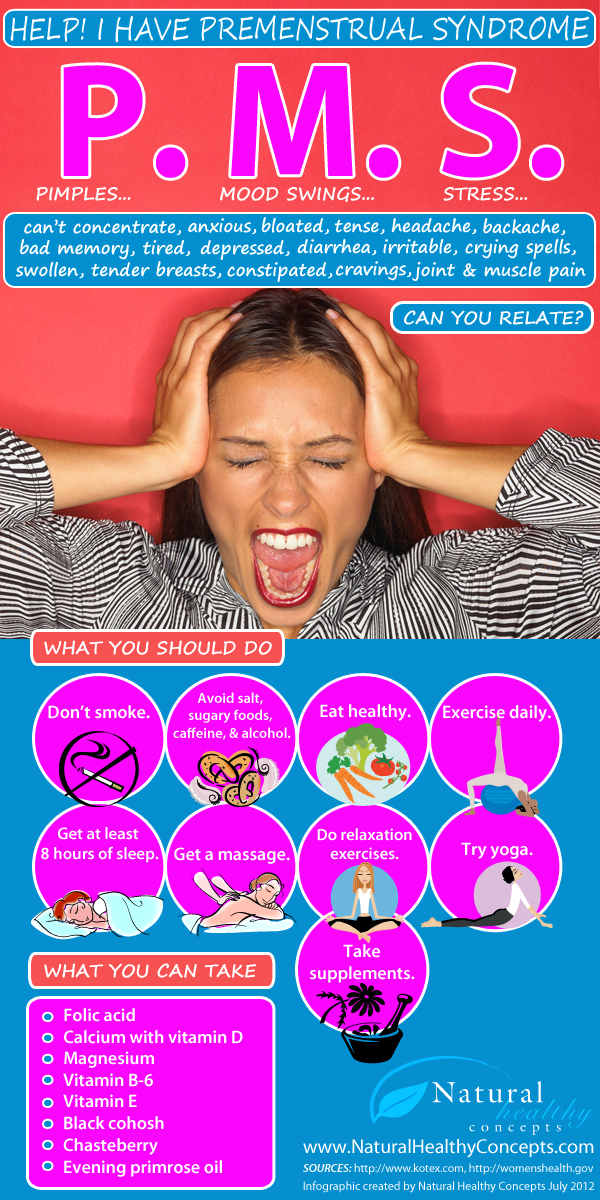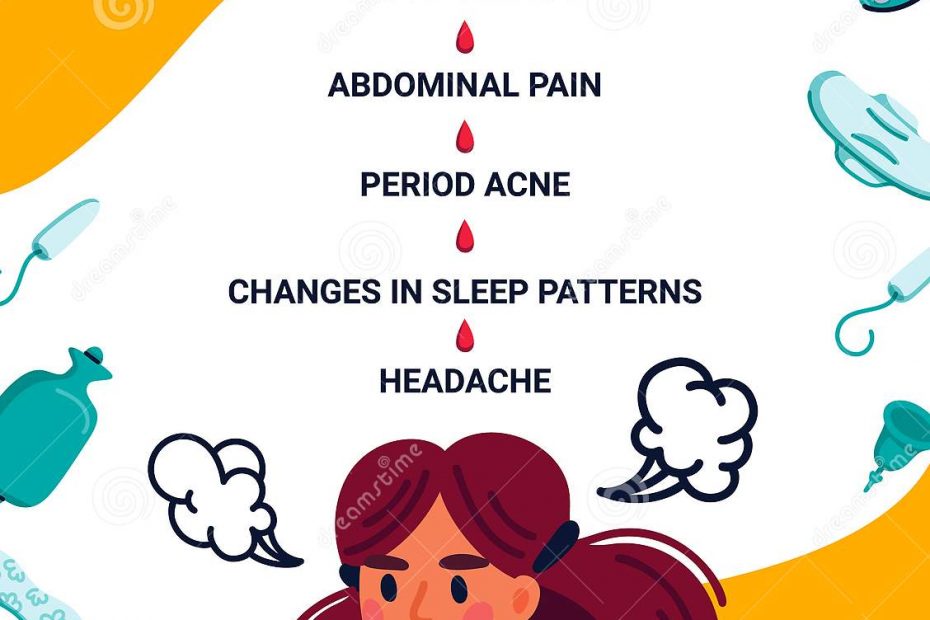The menstrual cycle involves a series of phases and hormonal changes which can have effects on a woman both physically and emotionally. The episodes of mood swings, irritability and being overly sensitive for no reason are a part of it. If you feel this way as your menstrual period approaches (usually 1-2 weeks before), there’s no need to worry, you are perfectly fine. This is what is called premenstrual syndrome (PMS). It affects a majority of women, occurring majorly between the late 20s and early 40s. PMS is generally described as the physical and emotional disturbance that is experienced by many women after ovulation up to the start of menstruation. Any physical or emotional disturbance after this period is not regarded as PMS and this distinguishes it from any other health condition that can alter physical and emotional states.
Causes
The reason why you might feel this way as your menstrual period approaches is unknown but some researchers thinks it could be due to the changes in the sex hormones progesterone and estrogen and a brain chemical called serotonin which can affect mood and appetite.
Symptoms
There is usually a regular pattern in PMS symptoms for each menstrual cycle e.g. you might experience mood swings each time your menstrual period approaches.

In fact, the list of physical and emotional symptoms is a long one and not all women experience the same symptoms. Common symptoms associated with PMS include;
- Food craving
- Tenderness in the breasts
- Abdominal pain
- Body pain
- Mood swings
- Headache
- Tiredness
- Insomnia (difficulty sleeping)
- Acne
- Getting angry easily
- Being oversensitive, sometimes crying
- Constipation
- Diarrhea
- Changes in libido (sex drive)
- Bloating
Management
PMS cannot be totally controlled as these physical and emotional changes are a part of the menstrual cycle. But the following can help to manage the symptoms;
- Engaging in exercise helps the body to produce a substance called endorphin which improves mood.
- Avoidance of stress as it can worsen symptoms
- Reduced intake of salt, alcohol and caffeine. Eating balanced diet
- Pain medications to relieve pains
- Supplements like vitamin B6, calcium, magnesium and folic acid can help to reduce mood swings and cramps
When to see a doctor
In some rare cases, PMS symptoms can be very severe and significantly affect daily living. This is called premenstrual dysphoric disorder (PMDD). People with this disorder might feel depressed, have a sense of separation from others, have decreased interest in activities, feel hopeless, lose concentration and also have suicidal thoughts. If you feel this way as your menstrual period approaches usually 1-2 weeks before, seek medical attention. Your doctor is going to conduct tests to rule out any other health condition that can mimic PMS or PMDD like irritable bowel syndrome, hypothyroidism, depression and chronic fatigue before treating you appropriately.

Oyewole Ibukun is currently a Medical student of Olabisi Onabanjo University. She has a passion for seeking knowledge with a creative, detail oriented and analytical mindset.

